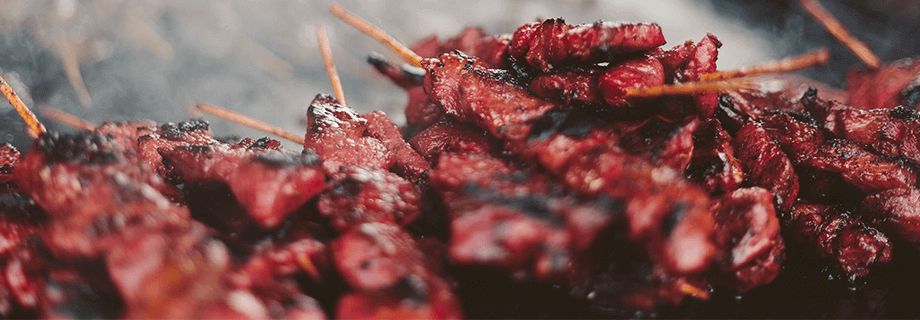Cooking Food Made Us Human?

I recently stumbled across a book, published a few years ago, that examined the role that cooking food played in human development. It is called Catching Fire: How Cooking Made Us Human, by Richard Wrangham, an anthropologist at Harvard University. A brief interview with him on this topic can be seen here.
It’s a fascinating idea, but the concept is also relatively simple: cooking food allowed humans to spend less time foraging for food, chewing food, and digesting food; thus, we were able to spend more time doing other things. Over time, we developed into what we are now, with smaller digestive tracts and bigger brains.
This made me think of the ever-evolving food and nutrition advice coming from everywhere. The recent rise in interest with the Paleo Diet is especially interesting, and seems to go against this concept in the book. The Paleo Diet advocates a return to our pre-agricultural hunter-gather roots, at least in terms of eating, and has some characteristics of other diets, such as Atkins. The Paleo Diet specifically lists “processed foods” on the “don’t eat” list (although there is a rule with the Paleo Diet that allows limited deviation from the hunter-gatherer approach to eating). Processing is many things, and cooking is a form of food processing.
Another idea, new this year in the form of a start-up company, advocates a very different approach. A company called Soylent is producing a dry, purified diet powder that is mixed in water and consumed throughout the day. This concept is a further extension of the cooking-for-human-advancement-theory in that you really don’t have to worry about food at all. Simply mix up your balanced diet powder each day, and take a drink whenever you want. The thinking is that people who sit at a computer all day can continue working for long hours (if they choose to) and have more focus – no bloating and drowsiness following time-out for a big meal. Indeed, this effect has been reported when the diet was tried. Also, the thinking is that having well-balanced meal replacers is beneficial for people who don’t eat a well-balanced diet, or for famine relief.
In my opinion, both of these approaches to food and nutrition have some merit, and everyone should try what works for them.
Here are some undeniable truths, however, that you should keep in mind:
- Unprocessed food is not on your side. In fact, plants and animals have evolved mechanisms to keep you from wanting to eat them. Some may be obvious (pathogenic bacteria, allergens), while others maybe not so much (antinutritional factors).
- There really is no such thing as “good” or “bad” food. Take, for example, the man who lost weight and had better metrics of health eating a lower-calorie, but total junk food diet. It’s all in how they were consumed (moderation). Having said that, making a diet plan and sticking to it, to include foods that are avoided, may be a good tactic.
- When eating a completely-purified diet, for months or years, you are completely dependent on the manufacturer. If the formulation, ingredient, or processing is incorrect or variable, nutrient toxicities and deficiencies could easily develop, and health could be adversely affected. Eating a wide range of foods would make this almost impossible.
In conclusion, it may be useful to consider some middle ground here. Extruders from Insta-Pro, which cook ingredients and complete diets for high-temperatures over short-times, work to deactivate the negative components in food, while enhancing nutrient quality (see here and here). Insta-Pro has long had a line of high-shear extruders, and is introducing a new MS3000 Medium Shear Extruder for making shaped products, such as fish feed and pet food.

